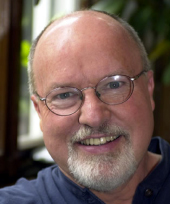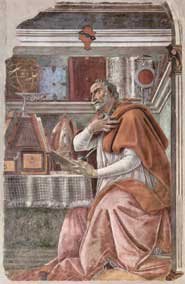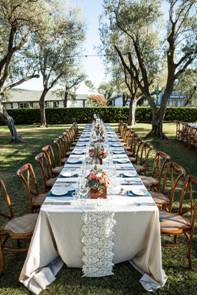Necessary suffering and life on earth

Those who want to save their lives must lose them…Matthew 16:25
All creation groans: The natural world experiences suffering as the very cycle of life. The natural world has no choice in the matter; it just lives the message without saying ‘yes’ or ‘no’ to it. Human beings always have the freedom to say ‘yes’ or ‘no’.
We must lose our lives in order to gain them: Jesus tells us we must ‘lose our lives’ – and Rohr tells us we must lose our ‘false selves.’ The false self is the role and personal image that we have largely created in our own minds. Our false selves will – and must – die if we want to achieve our true selves.
The True Self is who we are from the beginning, in the mind and heart of God. The True Self is our absolute identity, which can be neither gained nor lost by any technique, group affiliation, morality, or formula. ‘Necessary suffering’ forces us to surrender our false self in order to find ‘the pearl of great price’ that is always hidden inside this lovely but passing shell.
But we can refuse to say ‘yes’ to our necessary suffering: Much unnecessary suffering comes into the world because people will not accept the ‘legitimate suffering’ that comes from being human. Ironically, this refusal of the necessary pain of being human brings to the person ten times more suffering in the long run. It seems we grow spiritually much more by doing it wrong than by doing right. (This is the only workable meaning of ‘original sin’.) If there is human perfection, it seems to emerge from how we handle the imperfection that is everywhere, especially our own.
By denying their pain, many have kept themselves from their own spiritual depths. The human ego prefers anything to falling or changing or dying. (The ego is that part of you that loves the status quo, even when it isn’t working.) Because no one wants a downward path, we have to get this message with the authority of a divine revelation. So Jesus makes it into a central axiom – the last really do have a head start in moving towards first.
Yet two groups are very good at denying or avoiding reality’s surprises: the very rich and the very religious (see next post).
Richard Rohr suggests,
Describe what you have observed in nature that you would call ‘necessary suffering’. Does seeing necessary suffering as part of the natural order of things have an impact on you as you observe the suffering in your own life? (Companion Journal, p. 72)












